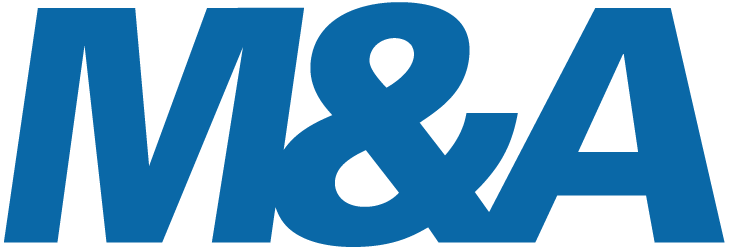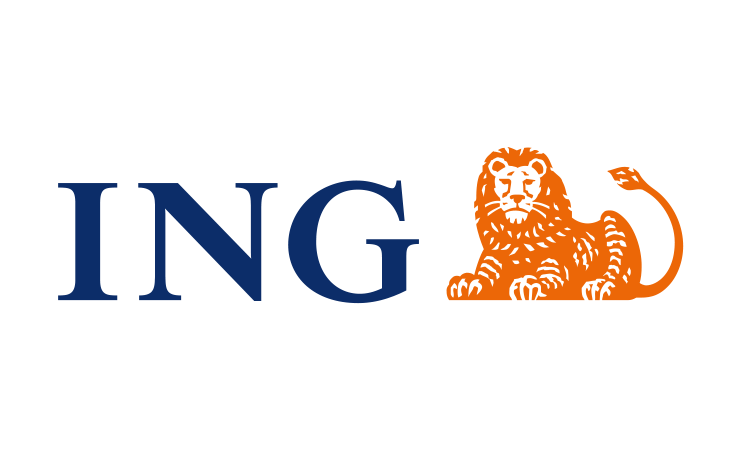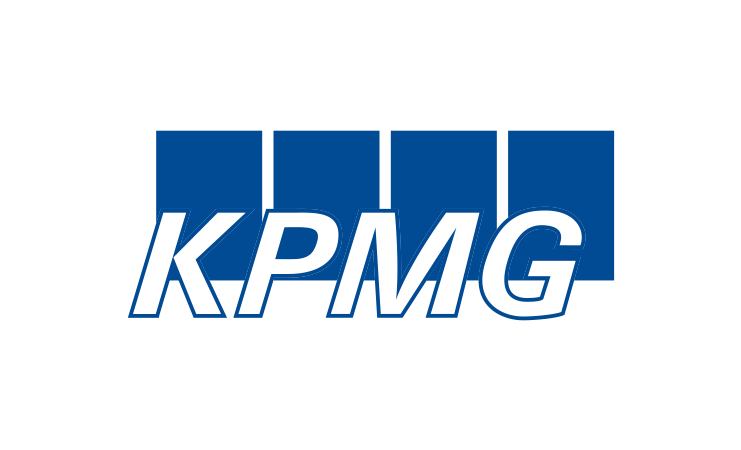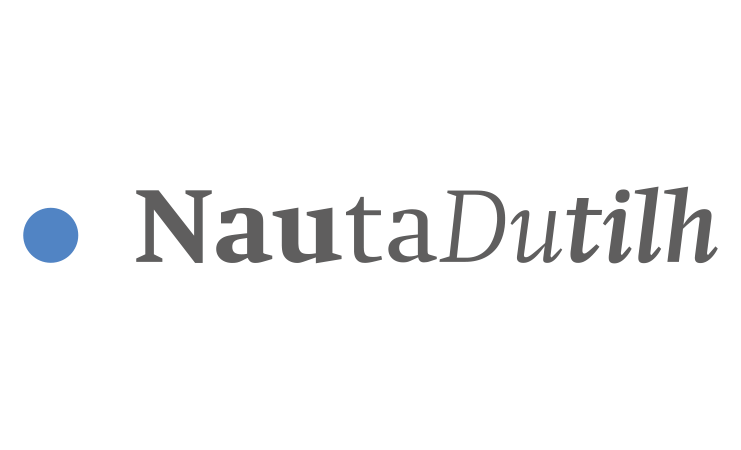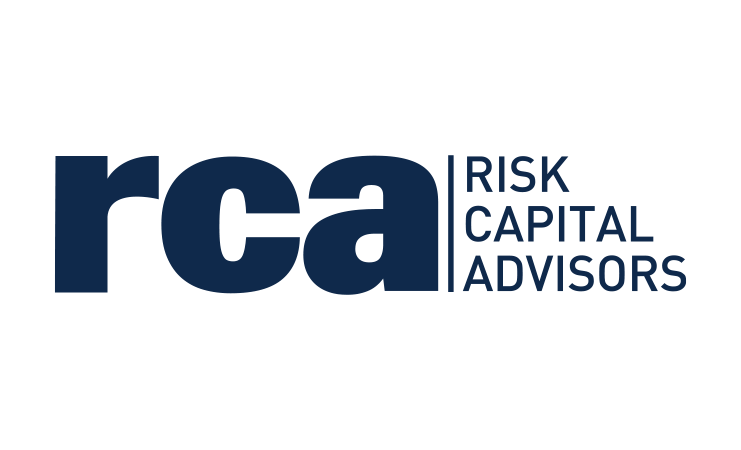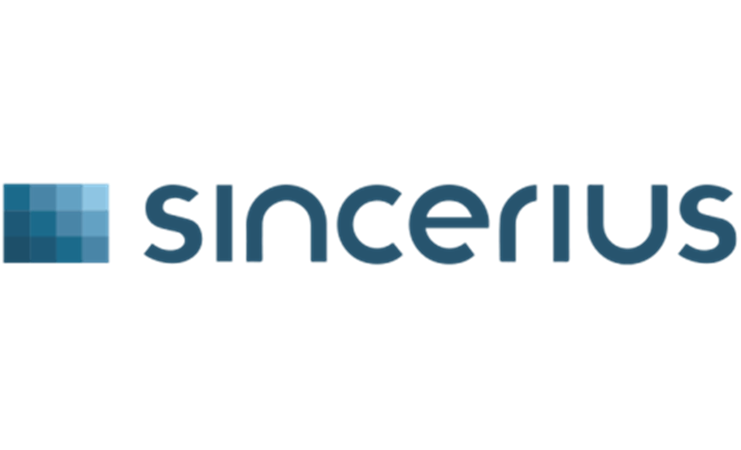Pitch Best Deal 2023: CVC acquires DIF Capital Partners

Stem op deze deal via de stempagina: Mena.nl/genomineerden-best-deal-2023
Name of the deal: DIF Capital Partners sells majority stake to CVC Capital Partners
Date announced: 5-9-2023
Date closed: The transaction is subject to regulatory and other consents and is expected to close in Q4 2023 or Q1 2024
Published value: € 1 billion
Buyer(s): CVC Capital Partners
Target: DIF Capital Partners
Seller: Shareholders & Partners DIF Capital Partners
Involved firms and advisors
Involved firms and advisors buy side:
Legal advisor: Freshfields Bruckhaus Deringer
Financial DD advisor: EY
Involved firms and advisors target:
Legal Advisory Banking & Finance: Morgan Stanley
Financial DD advisor: PwC
Involved firms and advisors sell side:
Legal advisors: De Brauw Blackstone Westbroek, Rutgers & Posch, Loyens & Loeff
Tax advisors: De Brauw Blackstone Westbroek, Loyens & Loeff
Pitch
Brief description deal / Deal outline
The acquisition provides CVC with a leading infrastructure platform, directly adjacent and highly complementary to its existing private equity, secondary, and credit strategies. In addition, this acquisition accelerates the growth of DIF, which will continue to operate under the DIF brand and retain independence over its operations and investment decisions.
CVC, a leading global private markets manager focused on private equity, secondaries, and credit, is acquiring a majority stake in leading infrastructure manager, DIF Capital Partners, and providing a commitment to acquire the remaining shares over time. This combination creates a global private markets manager with seven complementary strategies and approximately €177 billion* of total assets under management.
DIF is headquartered in Amsterdam with €16 billion of assets under management, a team of over 225 professionals across 11 offices and operates two different investment strategies – the Core / Build-to-Core funds and the Core-plus funds. DIF was founded in 2005 and has built a leading position in mid-market infrastructure investments, primarily in Europe, North America, and Australia.
Why should this deal win the Award for Best Deal 2023?
We believe this deal should win the Award for Best Deal 2023 for the major impact it has on all stakeholders and society, in particular on the M&A and private equity market.
Firstly, this one-of-a-kind acquisition reflects an interesting new trend in the private equity landscape in which large fund managers differentiate their portfolio by acquiring smaller, more focused and specialised investment funds like DIF. This deal is indicative of the changing sentiment of asset managers.
Secondly, as the target of this deal is a regulated asset manager, it required a much more creative view from both the tax and legal advisors involved when comparing to a ‘conventional’ M&A deal and resulting in a different and more complex approach. Other important factors highlighting the transaction’s unique character include the terms of the shares transfer, the composition of consideration, a potential initial public offering and its multijurisdictional scope. More details are provided later in this pitch.
Finally, while the M&A market remained fairly quiet the past year, this concerns a high profile and high value deal which stood out tremendously in the PE and M&A landscape. The transaction generated a lot of media attention – undeniable evidence of its impact on society and primarily its sector.
Deal rationale:
The answer to this question is well put by DIF’s CEO and Managing Partner Wim Blaasse: “This transaction enables us to benefit from CVC’s global platform, scale and investor relationships, and to double down on important infrastructure sectors like Energy Transition and Digitisation, while remaining independent when it comes to our investment decisions.”
For CVC, this transaction means expanding into infrastructure. According to CVC’s Chair and co-founder Rolly van Rappard, this is a logical next step due to its adjacency to CVC’s existing strategies. In light of CVC’s advanced plans to go public, possibly in Amsterdam and possibly as early as this year, this addition also comes at a suitable time, for it allows DIF to present itself to investors as an even more all-round investor. Pension funds and insurers in particular like the stable returns of infrastructure investments.
What is the impact of this deal for the company?
This combination creates a global private markets manager with seven complementary strategies and approximately €177 billion of total assets under management. Additionally, DIF will continue to operate on an independent basis and under the DIF brand, while CVC can now focus on sectors such as energy transitions and infrastructure.
What is the impact of this deal for the direct stakeholders?
After the transaction has been successfully concluded, this strategic acquisition will provide CVC with a leading infrastructure platform,directly adjacent and highly complementary to its existing private equity, secondary and credit strategies. Continuing activities under the DIF brand and retaining independence over its operations and investment decisions, this deal also accelerates DIF’s growth. The co-founders, CEO, and Partners of DIF will be compensated with a combination of cash and shares, thereby granting them ownership stakes in CVC.
What is the impact of this deal on society?
In recent years, DIF has transformed into a prominent equity fund and with a primary focus on infrastructure investments. DIF’s portfolio holds several environmentally conscious initiatives, such as a renewable energy platform, a waste-to-energy project and an onshore wind portfolio. Being acquired by CVC, DIF’s position will strengthen and allowing it to play a bigger role in promoting a cleaner, greener and more sustainable world, and which ultimately benefits society as a whole.
What was most complex about this deal?
The structure of this transaction was atypical, as the shares in DIF Capital Partners will be transferred in three separate instances. This means that CVC Capital Partners’ stake in DIF Capital Partners will increase over time, with the final tranche of shares expected to be transferred by the current shareholders to CVC Capital Partners by early 2029. Due to this staged process, there has been a strong focus on the long-term and ongoing/forward-looking relationship between DIF Capital Partners and CVC Capital Partners, and in which DIF will continue to operate under the DIF brand until final closing and led by its current CEO and Partners. This made governance an important topic during negotiations.
Another uncommon element in this transaction was the composition of the consideration to be paid by CVC Capital Partners for the shares in DIF Capital Partners. The consideration consists of a mix of cash and shares in CVC Capital Partners. Consequently, the valuation of both parties was a crucial element during negotiations, also going forward, as a consequence of the staged sales process.
CVC Capital Partners looking into a potential initial public offering, introduced another layer of complexity. Therefore, the transaction documentation – including the arrangements going forward – had to cater for both a scenario in which CVC Capital Partners would remain a private company and a scenario describing CVC Capital Partners becoming a public entity and listed on a regulated stock exchange.
In addition, as both CVC Capital Partners and DIF Capital Partners are regulated asset managers and active in many jurisdictions, the transaction involved many complex multijurisdictional analyses, for example concerning financial regulatory, antitrust and FDI clearances that may be required to close the transaction.
From a tax perspective, the complexity included clarification of the impact of the transaction on the tax position of different stakeholders in DIF Capital Partners resident in multiple jurisdictions, taking into account the staggered sales process and the potential initial public offering. That did put significant pressure on the preferred acquisition structure.
Finally, the ambitious timeline pursued by both parties required closely planned and monitored process management and overall coordination of all stakeholders involved.
Stemmen is niet meer mogelijk

